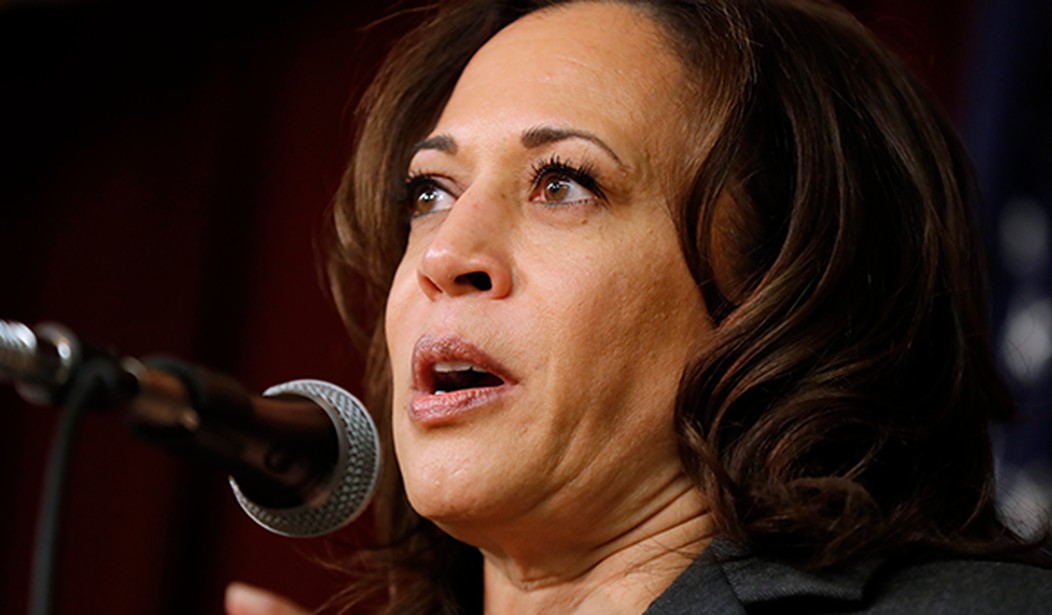In February, House Democrats introduced a “Medicare for All” bill, which features more than 100 co-sponsors, despite the fact the plan’s supporters have absolutely no concrete plans to fund their massive expansion of government-sponsored health care coverage.
Just days before Democrats released their bill, Campus Reform’s Lawrence Jones asked Californians how they propose funding Medicare for All. Unsurprisingly, a common refrain was that billionaires should be on the hook. One person even quipped that taking $1 million from every billionaire in the nation would work.
The suggestion that taxing the wealthy can pay for a massive single-payer health care scheme is commonly made, but it’s nothing less than a pipe dream. In fact, raising taxes on the highest-income earners to pay for universal health care coverage wouldn’t even put a dent in the total bill for Medicare for All.
According to a Mercatus Center study, Medicare for All would add $32.6 trillion to the federal budget over 10 years—and that’s likely a conservative estimate! Forbes reports there are 540 billionaires in the United States. If American billionaires were each to contribute $1 million from their own pockets, it would only amount to $540 million. While that’s nothing to sneeze at, it would barely cover 90 minutes of Medicare for All.
Perhaps some might argue we should take literally all the wealth belonging to billionaires. I mean they are really rich, right? That should cover it, you might be thinking.
Recommended
Wrong. Even if you were to confiscate the assets of every single American billionaire, leaving them penniless, you would only manage to amass $2.399 trillion. This sum would cover just nine months of Medicare for All’s average $3.26 trillion annual price tag.
Well, why stop there? We’ve done a lot for the rest of the world, and the world’s billionaires owe us, you might think. What if we were to seize the entire net worth of every single billionaire on the planet, pouring all these assets into the U.S. treasury? Would that be enough?
Not even close! The combined wealth of all billionaires would pay for only 34 months of Medicare for All, leaving single-payer advocates stuck in the classic socialist dilemma: What do you do when you run out of other people’s money?
While some who read this might be tempted to abandon the goal of creating a system that would provide universal health coverage, they shouldn’t! Creating universal health care coverage is possible—even without raising taxes—but achieving this goal would require abandoning the status quo.
The first step is for policymakers and the public to realize that the current Medicare scheme, regardless of how much money it is inflated with, is incredibly inefficient. It favors government bureaucrats, not the patients it’s supposed to be serving. We shouldn’t funnel more money into this arthritic federal bureaucracy.
Federal and state government funds for Medicare, Medicaid, and the Veterans Health Administration total $1.55 trillion. These programs’ resources have incredible potential in the right hands—our very own.
As I’ve explained at length elsewhere, the money already paid by government should be placed into tax-free health savings accounts (HSAs) and used as the patient sees fit, not the government or an insurance company—a nimble fix that would get the most out of every health care dollar spent. After allocating $100 billion of the $1.55 trillion total to assist people with pre-existing conditions, each and every American could use his or her own HSA, which would be funded with $4,400 every year, to cover health care needs.
Removing some unnecessary red tape from HSAs would empower patients to purchase health coverage while having enough left over to pay for some of their out-of-pocket expenses. This would best be accomplished by permitting people to spend their HSA funds on efficient healthshare plans and direct primary care agreements, which, together, would effectively create universal coverage—and it would do so without raising taxes.
The way to solve America’s health care problems is to take the opposite approach of what so many Democrats are calling for. Instead of pumping more money into unwieldy, inefficient, wasteful government bureaucracies that are seemingly incapable of making good health care decisions, consumers should be given the ability to control health care funds. Hundreds of millions of Americans know their health needs better than socialist sympathizers in Washington, D.C., and disinterested bureaucrats ever could.
An innovative approach to liberating taxpayer funds would help provide everyone in America with access to health care coverage without punishing billionaires or forcing Americans to pay more. That’s what real health care reform looks like.

























Join the conversation as a VIP Member